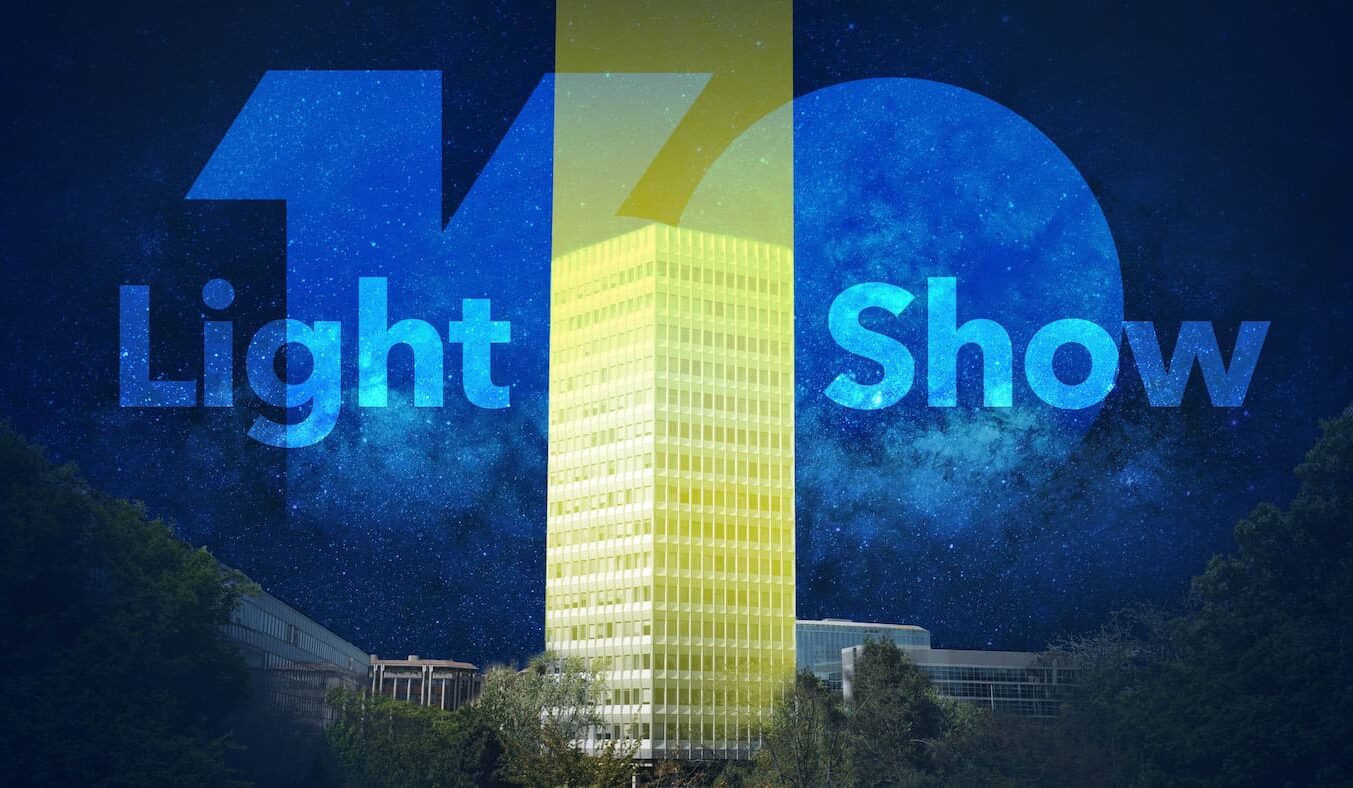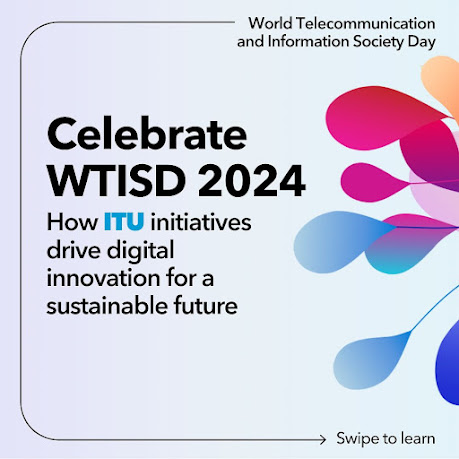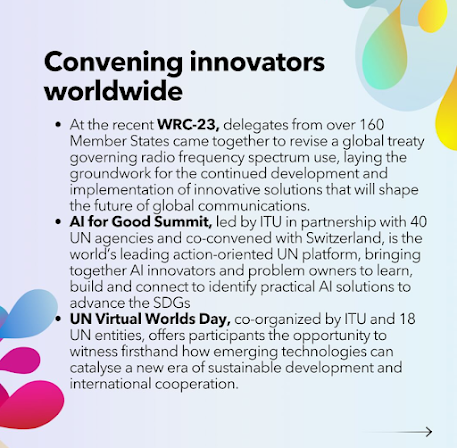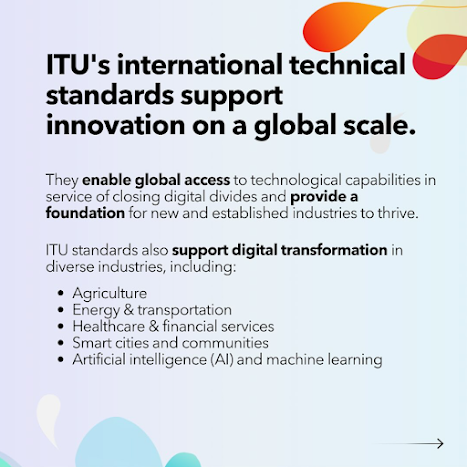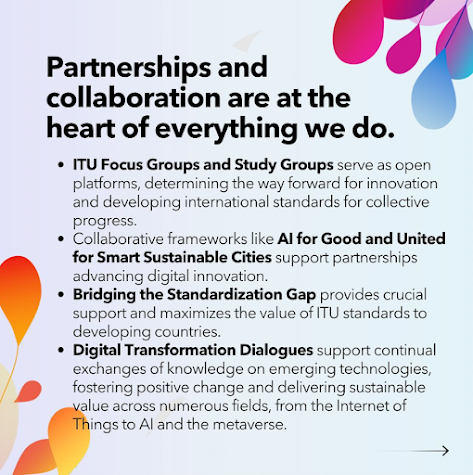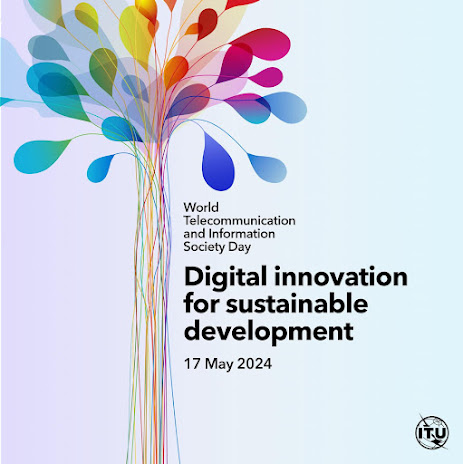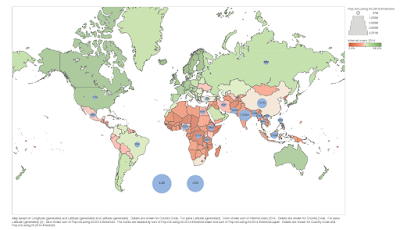Why gender equality in digital transformation matters?
Despite progress, inequality remains a barrier to digital inclusion. According to Facts and Figures 2024:
- 70% of men use the Internet globally, compared to 65% of women, a gap that leaves 189 million more men online than women worldwide.
- While the digital gender gap has narrowed in many developed countries, it has widened in Least Developed Countries (LDCs), where only 29% of women are using the internet compared to 41% of men.
- Gaps persist not only in access, but also in affordability, digital skills, participation in STEM, and leadership in the tech sector.
These gaps not only disadvantage women and girls, they also hinder economic growth, innovation in countries around the world, and the achievement of the Sustainable Development Goals (SDGs).
What are the impact of the gender digital divide?
The effects of digital exclusion are interconnected, limiting not just individual potential, but also the resilience of communities and the performance of economies.
- On individuals; When women and girls gain digital access and skills, they unlock educational, professional, and social opportunities, from becoming entrepreneurs to obtaining essential health, financial and government services.
- On communities; Inclusive digital participation fosters stronger, more resilient communities by ensuring diverse perspectives and locally relevant solutions. When women and girls benefit from and contribute to digital transformation, communities are strengthened by increased innovation and greater social cohesion.
- On economies; Equality for all women and girls fuels economic growth by driving diversity, innovation, and productivity. According to the IMF, narrowing gender gaps in labor markets could boost GDP by up to 8% in emerging and developing economies.
Follow the conversations with the hashtags #DigitalInclusion, #EveryoneIncluded, #wtisd, #17May, #InformationSocietyDay, #TelecommunicationDay.
From the telegraph to radio, from the Internet to Artificial Intelligence, technology has transformed how we live, work, and connect. But its benefits remain deeply unequal. This year's focus on gender equality in digital transformation is both timely and urgent.
Around the world, algorithmic bias is reinforcing old prejudices. Online harassment and abuse silences women’s voices and drives them offline. And women and girls remain severely underrepresented in the very fields shaping our future: science, technology, engineering and mathematics.
This injustice harms us all. We cannot accept a digital future that leaves half of humanity behind. We must urgently invest in digital skills for all; harness the potential of technology to improve women’s lives; dismantle barriers blocking their full participation and leadership in the technology sector; and keep working to eradicate gender-based violence in all its forms – online and offline.
The Pact for the Future and the Global Digital Compact offer a path to bridge all digital divides and strengthen collaboration for women’s rights online. Let’s take that path together and help ensure digital transformation is a force for progress, inclusion, and equality.
When technology serves everyone, everyone wins.
EVENTS: On May 17th, the ITU’s 160th anniversary and the World Telecommunication and Information Society Day 2025 will be observed at ITU in Geneva. As we commemorate ITU's 160th anniversary, we will highlight ITU's long-standing role in advancing global connectivity and fostering international cooperation. Our hour-long event will bring together digital experts and innovators on a global journey, exploring digital hubs around the world where innovation thrives. Register to participate to the event; Step into the future with us on WTISD on May 17th, broadcasting live from the ITU TV studio in Geneva.
On May 17th, the ITU will mark its 160 years of technology for humanity with a light show at the Place des Nations in Geneva. The first light show starts at starts at 21:30 and will be repeated every 10 minutes until 22:40. Every time you turn on the radio or television, board a plane, call home, go online, use GPS, check the weather, or view satellite images, you use a vital service coordinated by ITU. Join us for a first-ever light show projected onto the iconic ITU Tower, opposite the United Nations Office at Geneva, as part of Geneva Museum Night. Sixteen slides projected on the 15-storey ITU Tower will show highlights of 160 years of technology for humanity, embodying innovation, countries, organizations and people working together, shared achievements and resilience. You will hear from inspiring speakers as to how they are #ConnectedByITU, from the sea to the sky. If you’re in Geneva, come to the Esplanade adjacent to the ITU headquarters buildings, near the Place des Nations. If you’re elsewhere, Learn more and tune in online—you can stream the light show on our social media platforms: Facebook, YouTube, or ITU Webcast live.
This year marks also the 30th anniversary of the Beijing Platform for Action, a global blueprint for advancing women’s rights. The Beijing+30 Action Agenda includes targeted actions to close the digital gender gap — from expanding digital infrastructure to increasing representation in tech leadership. The ITU’s work aligns closely with these efforts through its initiatives, resolutions, and partnerships including:
- Resolution 70 and Gender Equality and Mainstreaming (GEM) policy and action plan
- The EQUALS Partnership, co-founded by ITU, the United Nations University (UNU), UN Women, the International Trade Centre (ITC) and GSMA in 2016
- Girls in ICT Day, reaching 377,000+ participants in 171 countries since launching in 2011
- Projects in LDCs enhancing digital skills and entrepreneurship for women
- Programs like Women in Cybersecurity, Girls Can Code, and Talking Tech
- The Network of Women in ITU-D, ITU-R and ITU-T.
- And more… Learn more about how ITU ‘s work in gender equality!
From 7–11 July 2025; As part of the ITU160 Gender Champions initiative, 10 chosen youngs womens will travel to Geneva to participate in the WSIS+20 High-Level Event, the AI for Good Global Summit, and ITU’s 160th Anniversary commemorations. These 10 young women are emerging leaders, advancing digital transformation and development in meaningful ways across diverse sectors and communities. Their work addresses real-world challenges — from digital literacy and online safety to broadband connectivity and responsible AI — bringing forward solutions that make technology more effective and accessible to all. Launched on the occasion of ITU’s 160th Anniversary, the ITU160 Gender Champions initiative recognizes and supports young women who are contributing to digital development and transformation worldwide. With support from the Government of Canada, the initiative provides a platform for 10 young women leaders (ages 18–25) to share their work, engage with global stakeholders, and help shape the future of digital connectivity. Throughout their week in Geneva, the Gender Champions will:
- Engage with key stakeholders in the digital and tech sectors
- Amplify their work in digital development and digital transformation, by actively participating in a variety of sessions and activities
- Co-design and facilitate with their unique perspective, a workshop on promoting gender equality in digital transformation
Selection process: The Gender Champions were selected from a highly competitive pool of 1,179 applications received from over 150 countries. The final cohort reflects a diversity of regional perspectives and lived experiences, with special consideration given to applicants from developing countries, least developed countries (LDCs), landlocked developing countries (LLDCs), small island developing states (SIDS), Indigenous communities, and young women with disabilities.
Follow along: Updates, stories, and spotlights from the Gender Champions’ week in Geneva will be on ITU’s social media channels, see footer. Stay tuned as we highlight their work and explore how youth leadership is shaping the future of digital development.

